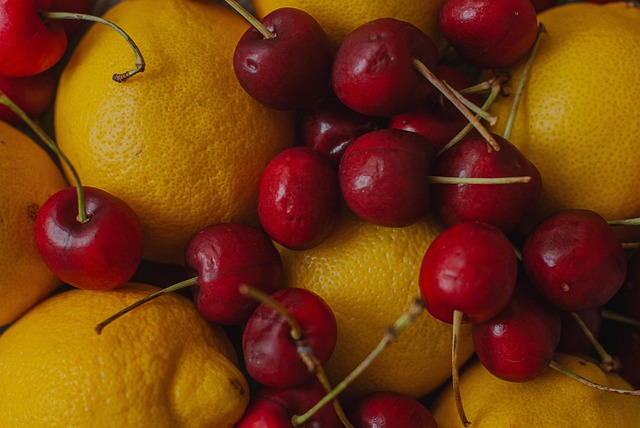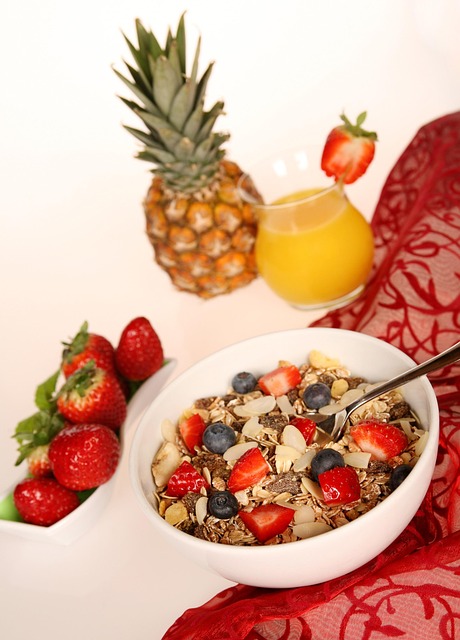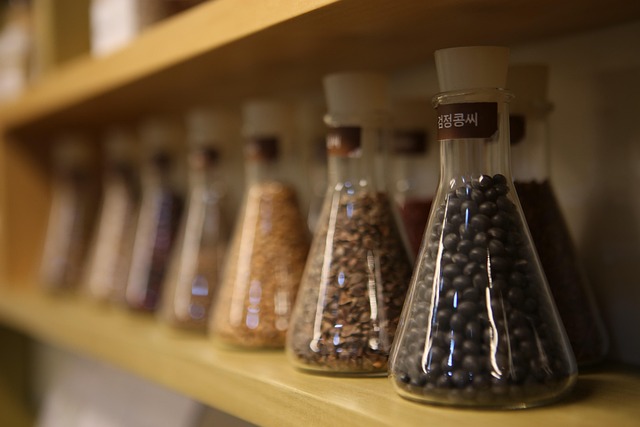
Introduction of žižole
Žižole—While the globalization of superfoods continues to grow, certain fruits have quietly developed and excelled from local attention and health benefits in isolation from the outer world. One such triumph is Žižole, otherwise called the jujube or Chinese date. Its health benefits, culinary versatility, and cultural significance place Žižole in the light of nature’s silent brilliance. Among these lesser-known treasures lies the žižole, a small but mighty fruit with a fascinating history and growing popularity. Žižole, also understood as jujube or Chinese red date, is a small sweet fruit native to South & East Asia. It has been developed for over 4000 years and is revered for its health-promoting effects.
In traditional Chinese medicine, žižole is used to nourish the blood, calm the mind, and improve sleep.

In this article, I will explain in more detail about žižole.
Origins & History
The cultivation of žižole dates back over 4,000 years. Ancient Chinese medicine widely revered the fruit for its calming and nourishing properties. Traders along the Silk Road introduced žižole to Central Asia and eventually to the Mediterranean. In the Roman Empire, it became popular for both culinary and medicinal uses.
The Croatian littoral regions, especially Dalmatia & Istria, assumed žižole into their practices. Today, many Mediterranean homes grow žižole trees in gardens or small farms, and they are seen as a reflective symbol of late summer and before autumn.
What is Žižole?
Žižole is the name used for round and small fruits harvested from the Ziziphus jujuba tree, which is indigenous to China. However, it is also cultivated in the Mediterranean and multiple parts of Europe, especially Dalmatian Croatia, Italy, and Greece. They are jujubes, red dates, or Chinese dates, as they are frequently referred to. While the fruits are green, they are crispy and apple-like. As they mature, they gain a reddish-brown color alongside dilation and develop a date-like exterior, adding rich, sweet notes.
Varieties & Characteristics of Žižole
Multiple types of žižole exist, each with its distinctive features about size, shape, sweetness, and ripening time. Some popular types include:
- Li: Known for its large size & sweet flavor, the Li type is a favorite among fresh fruit lovers.
- Lang: This variety is generally used for drying due to its oval shape and good drying rates.
- Shanxi Li: Another large variety prized for crisp texture or sweet taste.
- Honey Jar: A small, round type known for its unique sweetness or succulence.
- Sugar Cane: As the name implies, this variety boasts a high sugar content and an amusing, cane-like flavor.
Healthy Powerhouse

Don’t let their small size fool you—Žižole are nutritional dynamos packed with:
- Vitamin C: Boosting immunity and fighting off free radicals
- Potassium: Supporting heart health
- Iron: Aiding in blood production
- Flavonoids & Antioxidants: Reducing inflammation and oxidative stress
- Saponins & Polysaccharides: Calming and promoting better sleep
Health Benefits Include:
- Enhanced general digestive fitness
- Strengthened immune system
- Enhanced sleep rate
- Decreased anxiety & lowered stress
- Support for supporting beneficial skin
Žižole vs. Dates: Differences
| Characteristic | Žižole (Jujube) | Dates |
| Geographical Origin | Pacific China through the Mediterranean | Middle East and North Africa |
| Culinary Texture | When fresh, they are apple-like | Always soft and sticky |
| Percentage of Sugar | Lower | Higher |
| Caloric Intake | Steady diet: caloric slump | Post consumption: caloric surge |
| Effects on Well-being | Calming, immune-boosting | Energy dense |
| Culinary Application | Used in teas, baked goods, eaten fresh, snacking | Desserts, snacks, and smoothies |
Health Benefits of žižole
More than just a fun treat, žižole is a healthy marvel, brimming with an amazing array of important nutrients. It stands out for its high concentration of vitamin C, a potent antioxidant essential for supporting immune function & encouraging radiant skin. This makes žižole a superb natural ally for your body’s security system.
- Supports Resistant Function
Due to its high vitamin C content, žižole boosts the immune system & helps the body combat diseases & viruses.
- Antioxidant Effects
Žižole is rich in antioxidants like flavonoids & polysaccharides, which protect cells from injury by free radicals, potentially lowering the risk of regular conditions.
- Aids Digestion
Rich in dietary fiber, žižole promotes regular bowel movements and prevents constipation. Its natural compounds soothe the gastrointestinal tract.
- Sleep Enhancement
Traditionally used to encourage restful sleep, žižole contains combinations that may have calming effects, aiding in the direction of wakefulness.
- Reduces Anxiety & Pressure
Conventional treatment often uses žižole to calm the nerves. The fruit contains blends that have mild sedative effects and can support adequate sleep.
- Enhances Skin Health
Antioxidants in žižole fight free radicals and help preserve youthful, healthful skin.
- Blood Sugar Principle
Analysis indicates that žižole may help control blood sugar levels, making it beneficial for people with metabolic disorders.
- Improves Blood Circulation
The iron & phosphorus content helps red blood cell production, improving oxygen flow and decreasing tiredness.
Jujubes are an amazing source of vitamin C.
Jujubes are rich in vitamin C, which has many essential roles in our bodies. It is a powerful antioxidant that controls oxidative stress, which in turn reduces the risk of many established conditions.
In addition, vitamin C is essential for maintaining a strong immune system, which means that consuming jujubes can reduce the frequency of colds and flu. Of course, vitamin C is also very essential for our skin – it accelerates wound healing & promotes the formation of collagen, which ensures that the skin retains a youthful impression, as the previous protein is key to keeping skin elasticity.
How žižole Compares to Other Fruits
Here’s a quick comparison:
| Nutrient | žižole (per 100g dried) | Dates | Goji Berries |
| Vitamin C | 69 mg | 0 mg | 48 mg |
| Fiber | 6 g | 8 g | 10 g |
| Potassium | 250 mg | 696 mg | 1,132 mg |
| Antioxidants | High | Medium | High |
Growing Žižole
For those interested in cultivating žižole, the tree is relatively easy to manage:
- Climate: Prefers hot summers and mild winters
- Soil: Adapts well to poor or sandy soil
- Water: Drought-tolerant but benefits from occasional watering
- Harvesting: Usually in September or October, when the fruit ripens and turns reddish-brown
Žižole in Traditional Medicine

Ancient texts from China, Persia, and Greece document the medicinal uses of žižole. They were often prescribed:
- Improve sleep quality
- Alleviate coughs and colds
- Aid liver function
- Reduce swelling and inflammation
Conclusion
Žižole may be small in size, but it carries a legacy that stretches across thousands of years and multiple cultures. From ancient Chinese medicine to Mediterranean gardens, it has earned a place as both a delicious fruit and a natural healer. Whether you enjoy it fresh, dried, or in herbal remedies, žižole offers an impressive mix of taste, tradition, and health benefits. In our fast-paced world, where we often overlook nature’s quiet treasures, this humble fruit stands as a reminder that true wellness often comes from simple, time-tested sources. You should also read more about health, like Skinpres T…
You should connect with TechFuture…
FAQs About Žižole (Jujube)
1. What does žižole taste like?
When fresh and green, žižole is crisp and slightly tart, similar to an apple. As it ripens and turns reddish-brown, it develops a sweet, date-like flavor.
2. Can I eat žižole every day?
Yes! In moderate amounts, žižole is safe for daily consumption and can be a healthy snack rich in vitamins, antioxidants, and fiber.
3. Is žižole good for sleep?
Traditionally, žižole has been used to promote relaxation and better sleep due to natural compounds that have mild calming effects.
4. How do I store fresh žižole?
Keep fresh žižole in the refrigerator to maintain its crisp texture for up to two weeks. Dried ones can be stored in an airtight container for months.
5. Is it true that žižole helps with immunity?
Yes—its high vitamin C content supports the immune system, helping your body fight off colds, flu, and other infections.
6. Can I grow žižole in my garden?
Absolutely! Žižole trees are hardy, drought-tolerant, and adaptable to various soils, making them great for both beginners and experienced gardeners.
7. Is žižole safe for people with diabetes?
In moderate amounts, it may help manage blood sugar, but those with diabetes should monitor their intake and consult their doctor.







